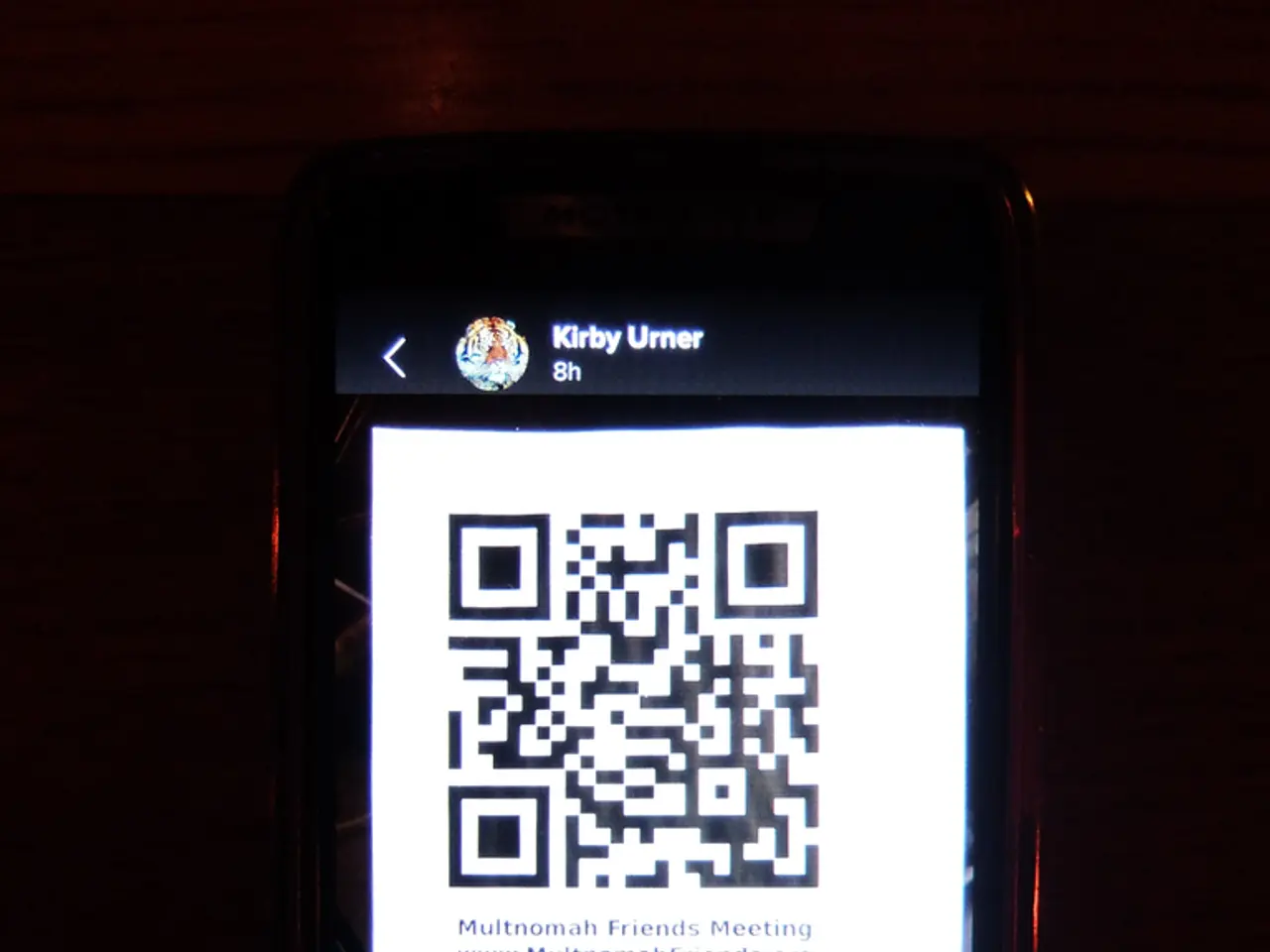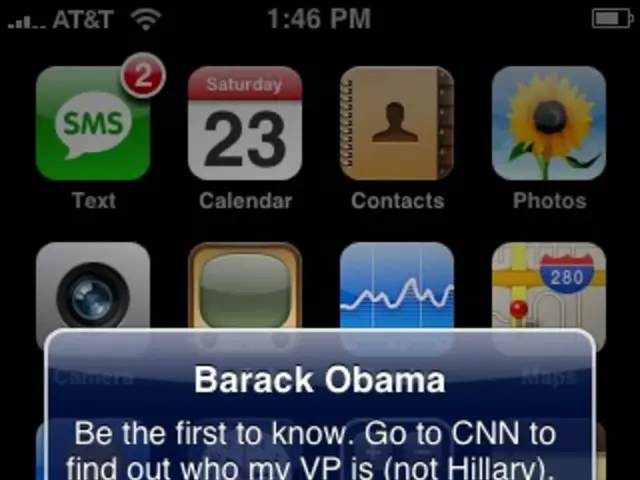Unmasking Traveler Scams Through QR Code Deceptions
In the modern world, QR codes have become a common solution for payments, tickets, and charging stations, making daily life more convenient. However, as with any technology, there are risks associated with their use. The European Consumer Centre (EVZ) Germany and several European banks, including Santander, HSBC, and TSB, have issued warnings about QR code scam, a method known as 'Quishing.'
Quishing is a type of phishing scam that exploits QR codes by placing manipulated codes on stickers or signs that direct users to fake websites. These sites are designed to steal sensitive information, such as login credentials and financial data. In some cases, fake pages may download malware onto smartphones, allowing attackers to not only steal data but also gain access to apps, such as online banking.
To protect oneself from Quishing, it is essential to remain vigilant. Manipulated QR codes often appear in places where people are under time pressure, such as parking meters, charging stations, bus stops, train stations, bike rental stations, and parking tickets. If you encounter a QR code in such a location, it is advisable to use alternatives to scanning or to check the URL before opening.
Experts also advise against installing apps suggested after scanning a QR code, as they may contain malware. Specialized apps with integrated security features can detect, block, or check suspicious links or URLs, providing an additional protective measure.
Moreover, travelers should be aware that fake QR codes can be particularly problematic, as fraudulent websites in a foreign language are often harder to recognize as fakes. If uncertain about a website after a payment, act promptly by having your credit card or account blocked and inquiring about a possible chargeback with your bank.
Our website, a German-language service and news portal, informs readers about living and working abroad. In addition to QR code fraud, we cover topics such as cost traps in hotels, souvenir import regulations, and cybersecurity tips for travelers. For information about regions where service providers and companies specialize in developing and using secure QR code scanners to prevent QR code fraud, consider reaching out to regional business networks such as the IHK Region Stuttgart, which may offer contacts related to secure technology services within their jurisdiction.
Remember, staying secure online is a shared responsibility. By staying vigilant and taking the necessary precautions, you can enjoy the benefits of QR codes while minimizing the risks.
Contact us at [email protected] for more information.
Tags: QR code fraud, QR codes, phishing.






